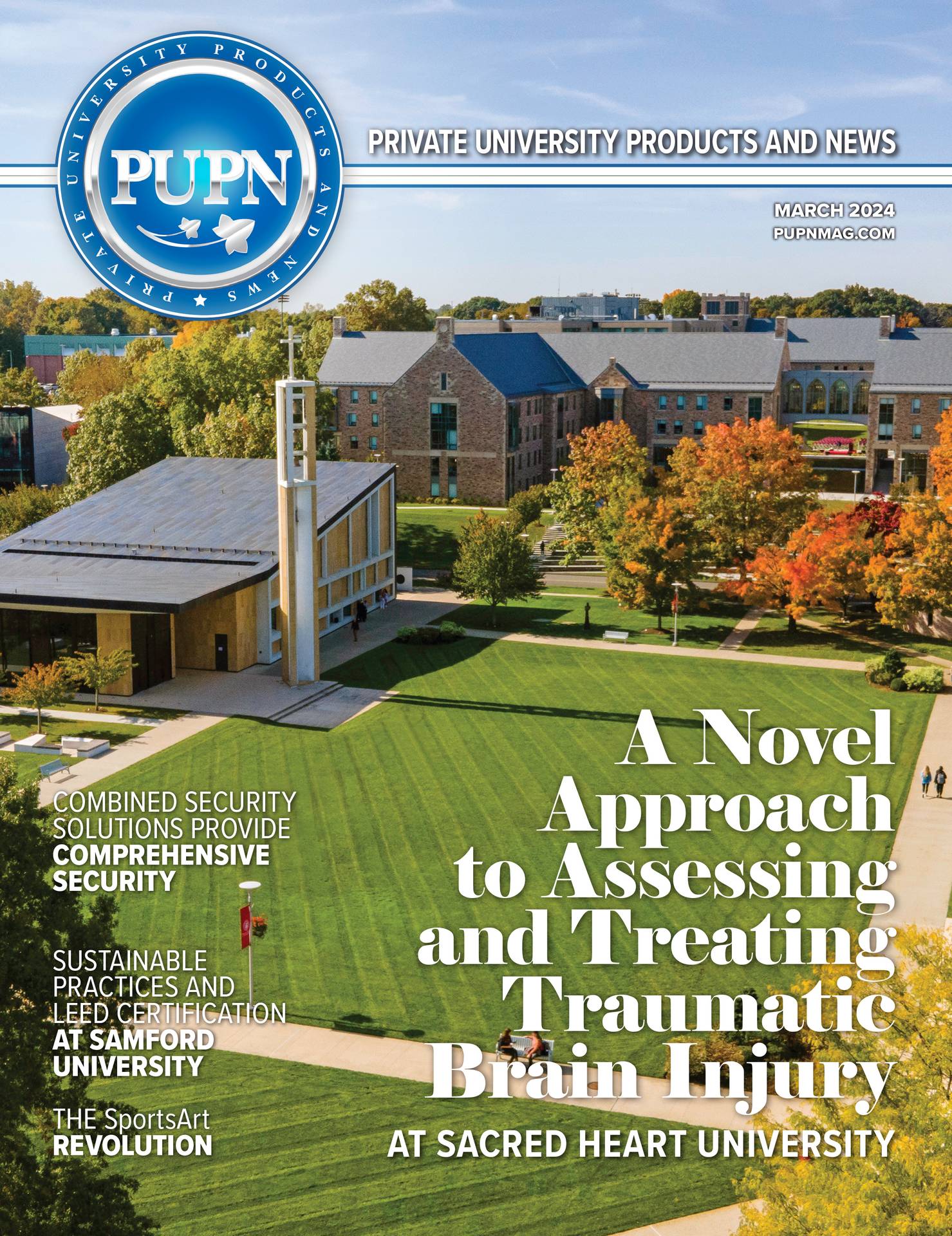A Traditional Start
Carnes’s origin story, to borrow a traditional superhero trope, is not an atypical one. An Ivy-League educated historian naturally gravitated to an academic career where he could continue pursuing his academic passions while also educating future generations. There was only one problem: Professor Mark Carnes was bored.
Though students had nothing but praise for his lectures and pedagogical instincts, Carnes could not escape the feeling that he was stuck in a rather mundane endeavor-sharing information by rote in the agreed-upon format. No matter how accomplished he was a scholar-lecturer, he did not happily anticipate decades of standing in front of a classroom and sharing information. When one student made it a point to say that his seminar was her favorite class, his reaction was to question how that could be possible. He remembers saying, “I was bored. You were bored. You could feel the boredom in the room.”
Carnes notes, “I realized the next few decades of my life would be spent in fairly boring classes.” No matter how passionate he was about the subject matter, he could not yet envision a clear path forward to avoid “flat” classes, but his next move was to configure the classes as a series of debates. In the early days of the debates, Carnes actively participated at first. As the classes progressed, he found himself moving his chair to the desk and spending more time watching and listening; eventually, he moved his chair to the back of the room. He became a guide and mentor when students needed assistance and advice. When before it had been “like pulling the ideas out with tweezers,” suddenly students were fully engaged and wrapped up in the history as they became these figures.
Then, in one of the newly designed classes, two students suddenly became so invested in the debate that something unusual happened. He notes, “They sort of took charge of the class, and they grabbed it away from me.” Rather than becoming unnerved, he was fascinated. “It just changed everything,” Carnes added. Suddenly, the class “acquired an intensity-a weirdness.”
Welcoming the Rebellion
Carnes watched, absorbed, as the students imposed rules on their peers as they occupied China during the Ming Dynasty: sit straight, do not look at the Emperor, and do not make jokes. Moments later, a few students failed to remain serious-minded; they were swiftly exiled from the classroom, with a stern rebuke from the new class rulers that because participation was part of their point system, they would be penalized-in other words, their grades would suffer.
As students had the power to call the shots, Carnes explains, they started “absorbing new ideas in a really weird and dynamic way.” As he began to later develop the Reacting games, Carnes recognized that provided the gameplay included a “thick enough structure,” the learning would happen, as students were being absorbed in this “collision of ideas.” Students would “unintentionally be immersed” in the role-playing.
Emails and letters from faculty members and administrators of other universities came pouring in as Reacting experiences spread by word-of-mouth; Barnard eventually hired a full-time person to answer questions and begin developing workshops for faculty. Carnes notes that initially many experienced educators and administrators considered role-playing games as an elementary-level learning tool, seeing little or no use for game-play in a college course. As administrators experienced the games being used in the classroom or played games themselves, they realized how powerful Reacting games were as motivational tools-not just in history classes but across a variety of disciplines.
Becoming Their Own Heroes
Carnes explains that students involved in Reacting are doing far more than regurgitating information. While they are problem-solving and exercising their abilities to deconstruct and analyze complex ideas, they are also working collaboratively and honing their communication skills: all attributes that contribute to success in the workforce. The games provided a way to both motivate students and promote active learning, thus their first allies became provosts and deans, followed soon after by college presidents.
Across the board in higher education right now, Carnes adds, innovation is demanded and expected-with the goal of promoting student engagement in the classroom. Because college-level classes are dealing with “difficult, high-level activity,” simple tools don’t fit the bill. To ask professors to somehow create active learning experiences for every student in every section of every classroom, especially for those teaching a variety of courses each semester, that goal becomes nearly insurmountable. While under tremendous pressure to produce active learning strategies with complex material, they must “transform the classroom.”
With Reacting, the expert educators are still necessary for this classroom to work, but the educator is not at the center of the learning. The instructor is still “vital and central,” Carnes explains, just not in a physical way. Yielding the classroom is not an easy task for many educators, but when they do, Carnes explains, teachers suddenly have a roomful of students who are active participants in their own learning, not just people “grubbing for grades.” Even fans of lecture-based learning are realizing that giving up some power can lead to “the delightful learning that is changing lives.”
The Perfect Casserole
Art historian Dr. Gretchen McKay of McDaniel College is a former chair of the Reacting Consortium Board. Like Carnes, McKay was not a gamer by nature or personal history. In fact, the game development aspects were a gauntlet of sorts for her-requiring years of effort and a tireless pursuit to make it past each level of development; still, she is a devoted believer in the pedagogical tool that Reacting offers. Not only did Reacting teach her “how much more the students can do,” but the game changed the way she approached teaching. She credits Reacting as the catalyst that made her reexamine everything: She stopped thinking about content delivery and focused on what she wants students to be able to do at the course’s end.
When McKay has participated in workshops designed for faculty or administrators who are considering Reacting for their institutions, she has noted a common trajectory: On day one, participants are stuck on confusion: “What is this? These people are weird.” Day two finds more positive mumblings, such as, “Well, this is interesting.” By day three, participants began to say, “Hey, I have an idea for a game.” Nick Proctor at Stimson College keeps track of all the gaming ideas in the BLORG, where people can claim their concepts.
As McKay explains, for level one, the idea lives in your brain; by level two, you are providing instructions and role sheets. Level three means a game is found to be somewhat solid and ready to be play-tested, and level four is pre-publication. The process is not for the faint of heart. McKay admires Carnes for any number of reasons, not the least of which is his willingness to let the tool morph in other directions, even as he remains clear on what he believes are the ideal conditions for using Reacting tools in a classroom.
Unlike Carnes and McKay, Dr. Tony Crider, of Elon University’s Department of Physics, is a longtime, devoted, passionate gamer. Having started with World of Warcraft and Second Life, Crider brought a bevy of gaming tools with him into his academic career to motivate students with some of the basic tenets of gaming: competition, customization, and roleplay. He knew gaming could reach a group of students who are not necessarily motivated by traditional tools, like grades, and Crider wanted to ignite passion for education in students via a less traditional route. He views Reacting as an innovative form of flipped learning, even though that’s not a term typically applied to the series.
Crider also knows some might see gaming in the classroom as a gimmick, but he has experienced the level of devotion that goes into roleplaying a character, and he is seeing students not just being creative but doing the extensive research to get a character right-operating at the highest level of Bloom’s Taxonomy: Creating.
As a fan of Reacting and a developer of multiple games in the series, Crider is regularly drawn to one analogy when he considers all that Carnes has accomplished with this ground-breaking gaming series, even when he brought no game-development background into the process: As Crider explains, Carnes entered the metaphorical kitchen without knowing how to cook yet somehow “baked the perfect casserole.”
A Prophet of Higher Education
Dr. Charlie McCormick first experienced a Reacting game in a colleague’s class while at Cabrini College. McCormick recalls, “It was like nothing I’d ever seen before.” The students were having a debate set in India: there were maharajahs, and “Gandhi was there,” he adds. “I wasn’t sure what I was seeing.”
When he became president of Schreiner University, McCormick and his colleagues were looking for ways to move students out of high-school level thinking and into a “world of ideas,” something that would encourage collaboration and challenge the incoming students. With a financial gift to the university that came without specific strings for how it could be spent, he was able to send over a dozen faculty members to a Reacting conference to see what they decided.
McCormick withheld his opinions, letting them debate their findings and chart the course forward. Though there was some initial hesitation-with worries that many of the first-generation students could be pushed too hard and too fast with such a forward-thinking technology-they were determined to try a Reacting course for all incoming first-year students. President McCormick states, “There wasn’t a script to know whether that would be successful or not.”
While he notes no pedagogical tool is a magic bullet, McCormick considers the result a “wild success.” He and the educators involved in the courses were struck by how the game allowed students to begin to see themselves differently.
On the subject of the pioneer of Reacting, McCormick views Carnes as one of those rare people who is simply working on a “different level than the rest of us.” McCormick has watched Carnes develop deep relationships with people he has played games with, and in addition to being a brilliant innovator, Carnes somehow remains both accessible and compelling.
McCormick shares that though Carnes does not give himself the proper credit for this, he has been able to answer the “most damning question in higher education”: the question of value. What do students gain with this massive investment of both time and money? President McCormick believes with the tools Carnes has provided, students gain more than a basic education. Instead, with “Mark’s magic,” they become different people-that’s the value. Though he knows his friend and colleague would brush off the accolade as quickly as it could be bestowed, McCormick views Carnes as a “prophet of higher education.”










